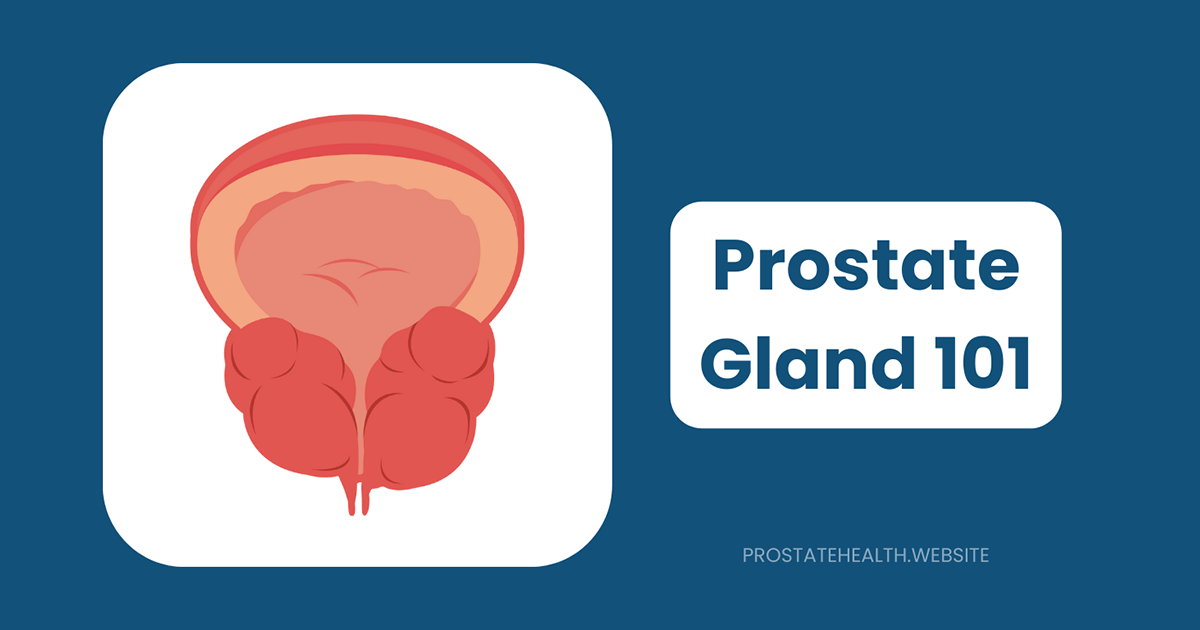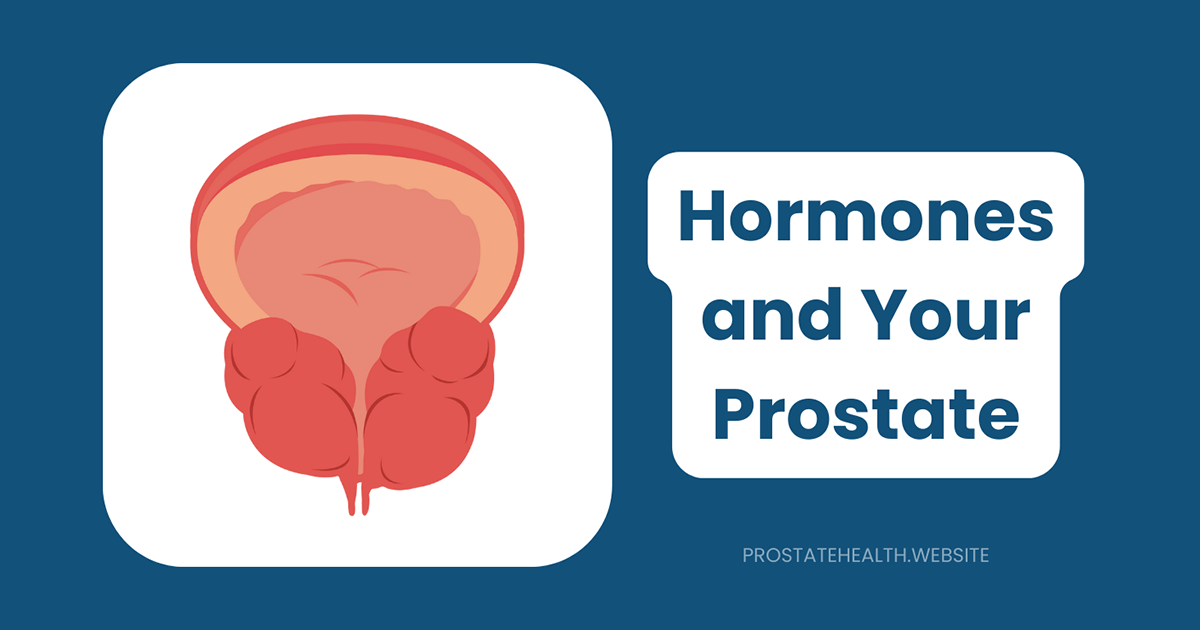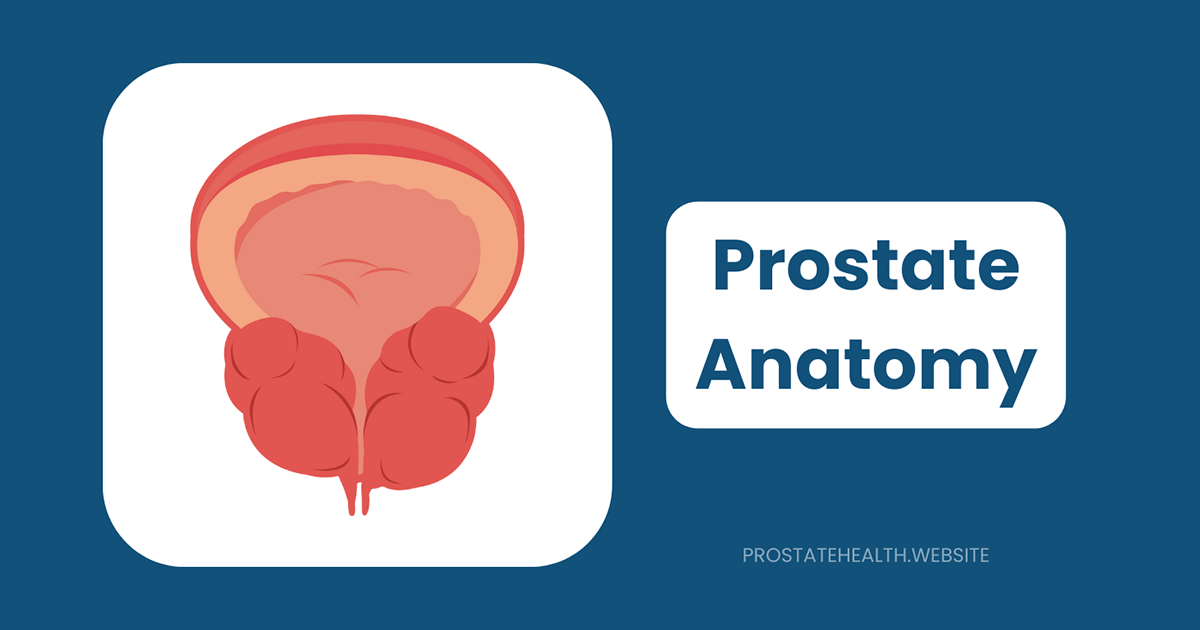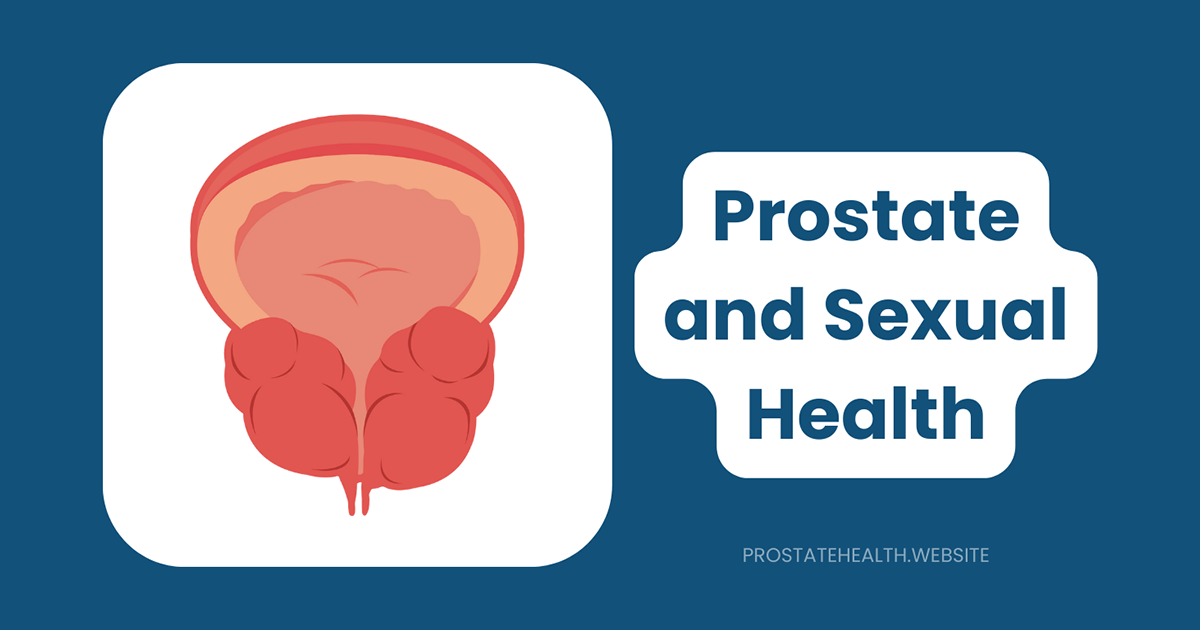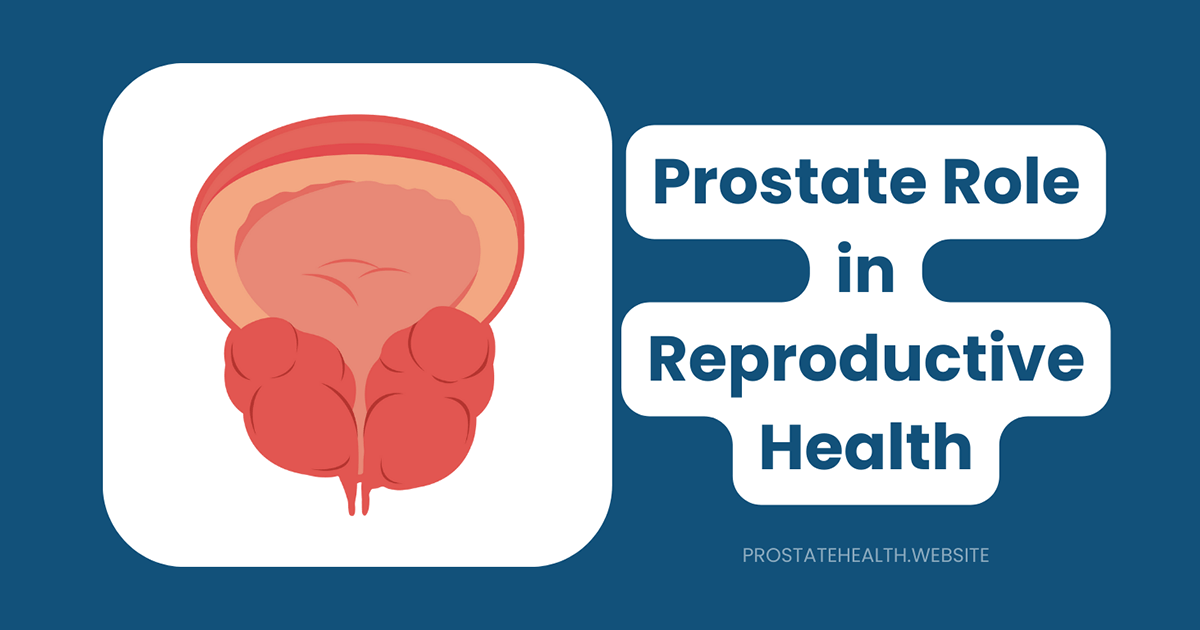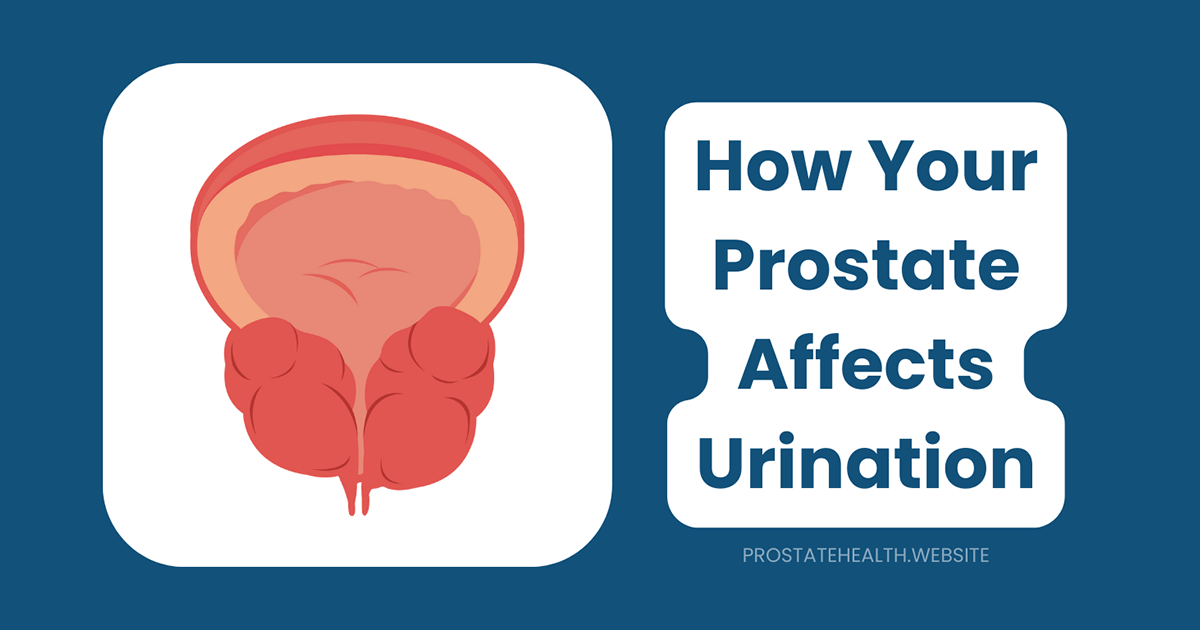Common Misconceptions About the Prostate Debunked: Separating Fact from Fiction
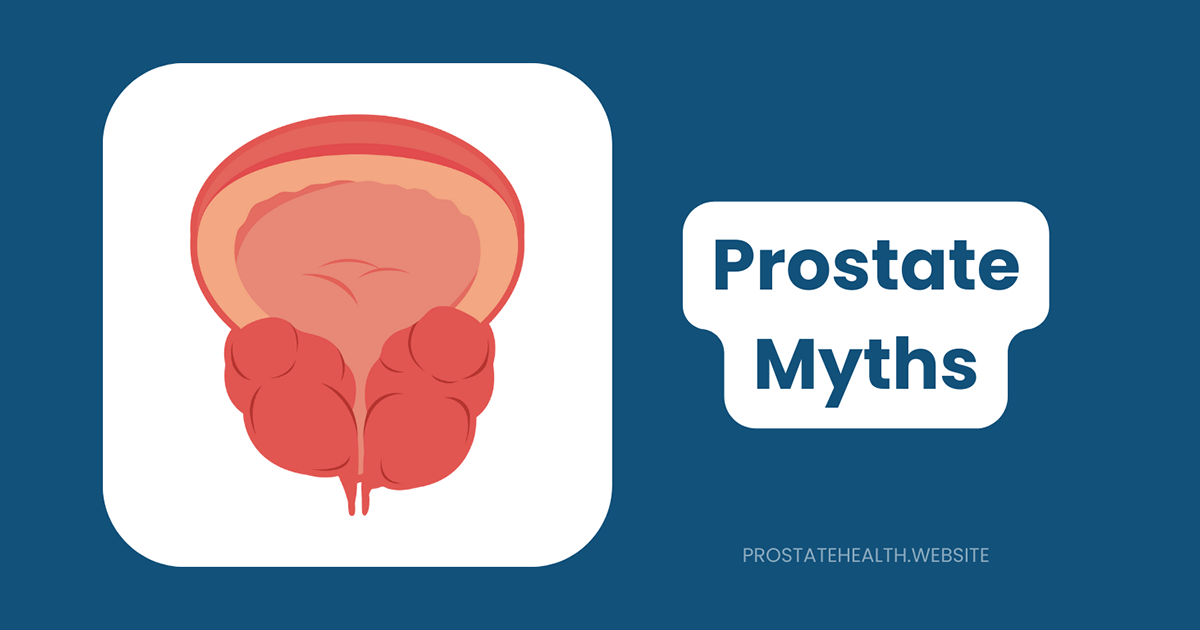
When it comes to men’s health, few topics generate as much confusion and misinformation as the prostate gland. As a small but vital organ that plays a crucial role in male reproductive health, the prostate is often misunderstood, leading to unnecessary anxiety and potentially delayed medical care.
In this comprehensive guide, we’ll tackle the most persistent prostate myths and provide you with evidence-based facts to help you make informed decisions about your wellbeing.
What Exactly Is the Prostate?
Before diving into misconceptions, let’s establish some basics. The prostate is a walnut-sized gland located below the bladder and in front of the rectum. Its primary function is to produce fluid that nourishes and protects sperm, forming a significant portion of semen during ejaculation.
Myth #1: “Only Older Men Need to Worry About Prostate Health”
The Truth: While prostate issues do become more common with age, they can affect men of all ages. According to the Prostate Cancer Foundation of Australia, approximately 1,400 men under the age of 55 are diagnosed with prostate cancer each year.
Prostatitis (inflammation of the prostate) can occur at any age, even in young men in their 20s and 30s. Being proactive about prostate health throughout your life is the wisest approach.
Myth #2: “If I Have No Symptoms, My Prostate Must Be Healthy”
The Truth: One of the most dangerous misconceptions is that prostate problems always cause noticeable symptoms. A recent Ipsos poll revealed that less than 10% of respondents correctly identified that prostate cancer typically has no symptoms in its early stages.
Dr. James Wilson, urologist at Cleveland Medical Center, explains: “Early-stage prostate cancer is often completely asymptomatic. By the time symptoms appear, the disease may have advanced beyond the most treatable stage.”
This is why regular screenings are crucial, especially for men over 50 or those with risk factors such as family history or African American heritage.
Myth #3: “Frequent Urination Always Indicates Prostate Cancer”
The Truth: While urinary symptoms can be related to prostate issues, they’re much more commonly associated with benign prostatic hyperplasia (BPH) – a non-cancerous enlargement of the prostate that affects many men as they age.
Symptoms like frequent urination, weak stream, or difficulty starting urination should certainly be evaluated by a healthcare provider, but they don’t automatically indicate cancer.
Myth #4: “BPH Leads to Prostate Cancer”
The Truth: Many men worry that an enlarged prostate (BPH) will eventually develop into cancer. However, there’s no evidence supporting this progression.
“BPH and prostate cancer are two entirely different conditions that happen to affect the same organ,” says Dr. Michael Chen, oncologist at Memorial Sloan Kettering. “Having one doesn’t increase your risk of developing the other.”
Both conditions can coexist, but they develop through different mechanisms and in different parts of the prostate.
Myth #5: “Vasectomies Increase Prostate Cancer Risk”
The Truth: This persistent prostate myths has been thoroughly debunked by multiple large-scale studies. A comprehensive analysis of over 15 studies found no link between vasectomy and prostate cancer risk.
The Prostate Cancer Foundation of Australia confirms that extensive research has shown vasectomies do not increase the risk of developing prostate cancer. Men considering this form of birth control can rest assured it won’t impact their prostate health.
Myth #6: “PSA Testing Is Unreliable and Should Be Avoided”
The Truth: While PSA (Prostate-Specific Antigen) testing isn’t perfect, it remains a valuable screening tool when used appropriately. The controversy around PSA testing stems from concerns about overdiagnosis and overtreatment of slow-growing cancers that might never cause problems.
However, modern approaches to prostate cancer screening are more nuanced. According to recent research published in Urology Times, new tests like IsoPSA are improving our ability to predict significant prostate cancer by analyzing different proteins or isoforms of PSA.
The key is having informed discussions with your healthcare provider about when PSA testing makes sense for your individual risk profile.
Myth #7: “Prostate Biopsies Spread Cancer Cells”
The Truth: Some men avoid potentially life-saving biopsies due to fears that the procedure will cause cancer to spread. This concern is largely unfounded.
Research indicates the risk of cancer cells spreading due to prostate biopsies is estimated to be approximately 0.1% – an extremely low risk compared to the benefits of accurate diagnosis. Modern biopsy techniques continue to improve, with MRI-guided biopsies offering greater precision.
Myth #8: “Sexual Activity Affects Prostate Cancer Risk”
The Truth: The relationship between sexual activity and prostate health has been the subject of numerous studies with mixed results. Some research suggests that frequent ejaculation may be associated with a reduced risk of prostate cancer, but the evidence isn’t conclusive enough to make definitive recommendations.
What we do know is that maintaining a healthy sex life doesn’t increase prostate cancer risk, and sexual dysfunction isn’t an inevitable consequence of all prostate treatments.
Myth #9: “All Prostate Cancers Require Immediate Aggressive Treatment”
The Truth: Not all prostate cancers are created equal. There are at least 29 types of prostate cancer, ranging from indolent (slow-growing) to aggressive. Many prostate cancers grow so slowly that they may never cause problems during a man’s lifetime.
For low-risk prostate cancers, active surveillance – closely monitoring the cancer with regular tests rather than immediate treatment – is often recommended. This approach helps avoid unnecessary treatment side effects while keeping a close eye on the cancer.
Dr. Adam Weiner notes that “the diagnosis and management of prostate cancer have evolved significantly, allowing patients to live longer with improved quality of life.” Researchers are increasingly focused on reducing harm from treatments without compromising cancer care.
Myth #10: “Alternative Treatments Can Cure Prostate Cancer Without Side Effects”
The Truth: Be wary of claims about miracle cures or supplements that promise to treat prostate cancer without side effects. According to a recent analysis of social media content about prostate cancer, misinformation about alternative treatments is widespread.
While complementary approaches may help manage symptoms or treatment side effects, there’s no scientific evidence supporting alternative therapies as effective standalone treatments for prostate cancer.
Always discuss any supplements or alternative treatments with your healthcare provider, as some may interact with conventional treatments.
Myth #11: “Cycling Causes Prostate Problems”
The Truth: Good news for cycling enthusiasts – a 2020 study of over 8,000 cyclists found no association between cycling and rates of prostate cancer. While prolonged pressure on the perineum can sometimes cause temporary discomfort, there’s no evidence that cycling increases the risk of serious prostate conditions.
If you’re concerned, consider using a properly fitted saddle designed to reduce pressure on the prostate area, and take breaks during long rides.
Myth #12: “Diet Has No Impact on Prostate Health”
The Truth: While no single food can prevent or cure prostate problems, overall dietary patterns do appear to influence prostate health. Research suggests that diets rich in fruits, vegetables, whole grains, and healthy fats (like those found in fish, nuts, and olive oil) may support prostate health.
Conversely, diets high in red meat, processed foods, and dairy may be associated with increased risk of prostate issues, though more research is needed to fully understand these connections.
The Bottom Line: Knowledge Is Power
Understanding the facts about prostate health empowers you to make informed decisions about screening, prevention, and treatment. Don’t let misconceptions prevent you from taking control of your health.
Remember these key takeaways:
- Prostate health matters at every age
- Early-stage prostate problems often have no symptoms
- Regular check-ups with your healthcare provider are essential
- Not all prostate conditions require immediate treatment
- Lifestyle factors like diet and exercise may influence prostate health
Have you discussed prostate health with your doctor? If not, your next check-up is the perfect opportunity to start the conversation.
Resources for Further Reading
- American Urological Association
- Prostate Cancer Foundation
- National Institute of Diabetes and Digestive and Kidney Diseases

